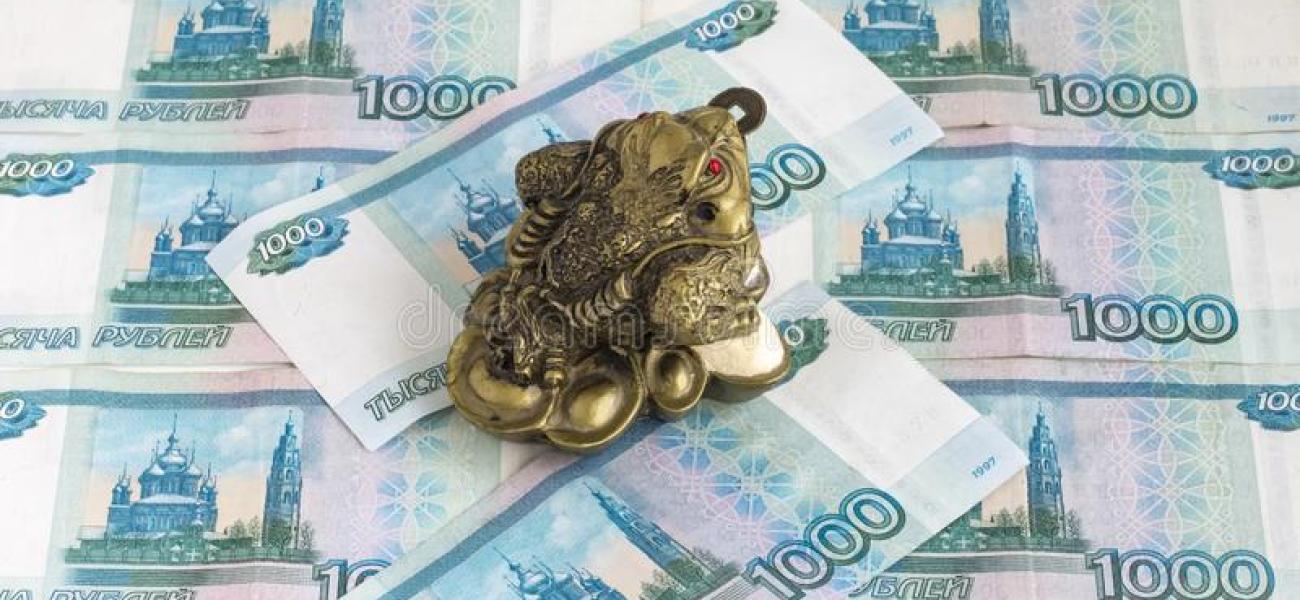
Economists Explain Why Sanctions Have Not Brought Down Russia's Economy (Yet)
September 05, 2022
Meduza
This is a summary originally published by Meduza in Russian with the headline “After the start of the war, experts said that the sanctions would bring down the Russian economy. But this did not happen. Why? We posed this question to the economists we trust ourselves.”
Highlights from the four economists' comments:
- Ruben Enikolopov, ex-rector and visiting professor at the New Economic School (a.k.a. Russian School of Economics or Russian Economic School): “The effect of sanctions is [similar to] how a frog is warmed up: It may seem that everything is fine, but the process is lengthy. When change [occurs] slowly, people do not react as [acutely] to it, although on a longer planning horizon we will see that the changes are monstrous—and how hopelessly behind Russia's economy has fallen vis-à-vis the [world's] leading countries.”
- Alexander Isakov, economist at Bloomberg Economics for Russia and Central and Eastern Europe: “The effect of the sanctions turned out to be about the same as in the first big wave of restrictions—in 2014-2015. And the same as in cases of financial sanctions in other countries like South Africa or Iran. They slow down structural growth, but, in principle, for a state that has a healthy balance sheet, low debt and a positive current account, they do not have a sudden effect.”
- Evgeny Nadorshin, chief economist of consulting company PF Capital, former adviser to the Russian minister of economic development: “Sanctions that relate to oil and oil products may only make themselves felt at the turn of 2022-2023. [Therefore] I do not share the optimistic comments of the authorities that the peak of the decline in consumption has passed, and in general the decline [of GDP] this year will be 3%. My feeling is that 2023 will not be a year of growth in any scenario.”
- Oleg Itskhoki, professor of economics at UCLA: “Even if Europe refuses to buy Russian oil and gas, Russia will sell it to India, China and Indonesia. Probably, this will happen with losses in supply volumes, but, in many respects, substitution will occur. … Experts have estimated that one day of the war cost $500 million, which is about the same amount that Russia received from energy exports to Europe during this period [per day]. In fact, it turns out that Europe covered Russia's expenses for the war. This will obviously not happen again: These revenues are declining and it will simply be impossible to finance a war on the same scale.”
This item is part of Russia Matters’ “Clues from Russian Views” series, in which we share what newsmakers in/from Russia are saying on Russia-related issues that impact key U.S. national interests so that RM readers can glean clues about their thinking.
The opinions herein are solely those of the economists quoted. Photo shared royalty-free by Dreamstime.com.
Stay up to date!
Never miss a Russia Matters exclusive! By signing up for our media advisory, you'll be notified when new exclusives are published.
Sign up here!
Recent Analysis
CIA Director Burns on Ukraine: ‘We’re Running Out of Time to Help Them’
April 25, 2024
George W. Bush Presidential Center
Personnel Stagnation to Splinter Putin Elite With Battle of Lost Generations
April 19, 2024
Andrey Pertsev
Recent Posts
Mitter, Wishnick: Alignment, Not Alliance for Russia-China Relationship
April 18, 2024
Conor Cunningham
Polls Show Record Low Number of Russians Willing to Permanently Move Abroad
April 12, 2024
Simon Saradzhyan
Fiona Hill Delivers Insights on Russia's Perennial Role in Global Geopolitics
March 21, 2024
Conor Cunningham
How Much Would 0.25% of Ramstein Group Members’ GDP Really Raise for Ukraine?
March 07, 2024
Conor Cunningham and RM Staff

